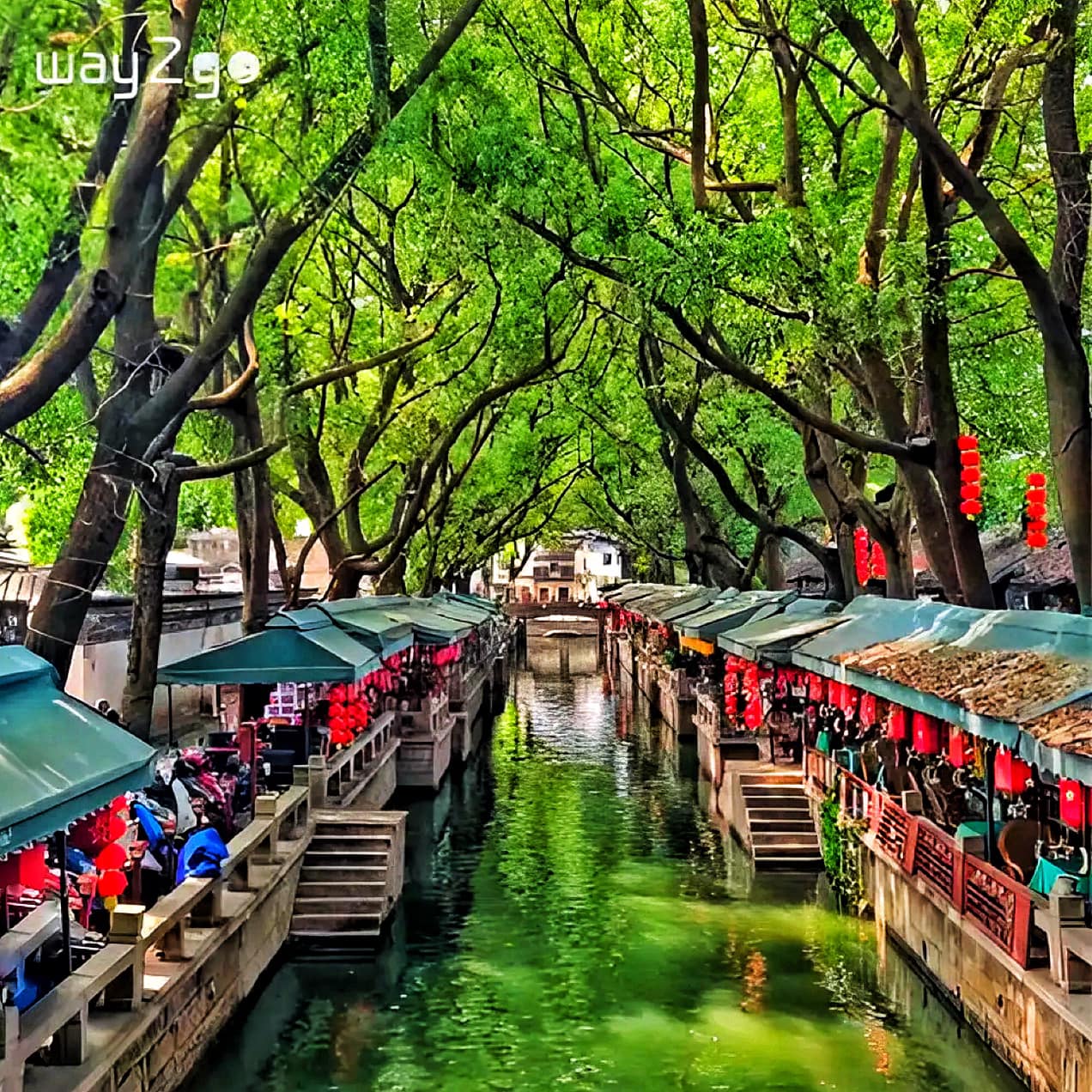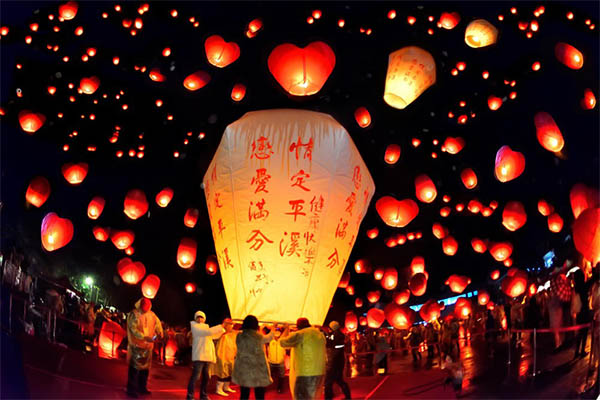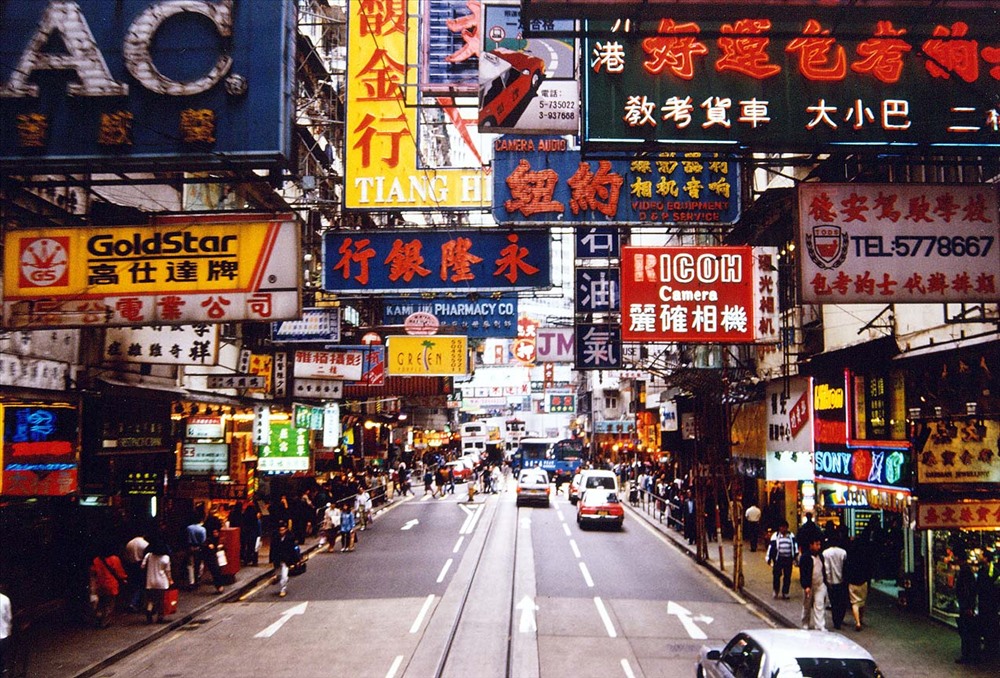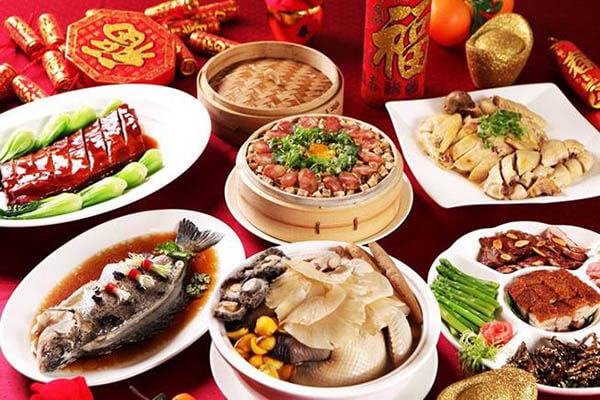
China is a vast and diverse destination, attracting millions of tourists each year. Traveling independently in China not only allows you to explore the unique beauty of this country but also offers rich cultural experiences. However, due to its complex transportation system and local customs, careful preparation is essential. Below are some tips for self-guided travel in China to ensure a smooth and memorable journey.
With its large area and diverse climate, each location in China has different weather characteristics. Every season in China has its own charm waiting for you to discover.
From March to May: The warm spring weather offers countless beautiful sights and a chance to participate in various festivals. This is the best time to visit places like Kunming, Hangzhou, and Fenghuang Ancient Town.

Fenghuang Ancient Town
![]()
Zhangjiajie – The filming location of the blockbuster film Avatar
From September to November: This is the ideal time for travel in China due to the pleasant weather. You can visit the Badaling National Park in Beijing or Jiuzhaigou in Sichuan. During this period, you may also experience the traditional Mid-Autumn Festival, with streets adorned with glowing lanterns.

The Lantern Festival of Wishes, celebrated by the Chinese people during the annual Mid-Autumn Festival
From December to February: Winter in China is quite harsh, resulting in fewer tourists. However, prices for flights, hotels, and services tend to decrease. If you enjoy cold weather, you can go skiing or attend the Ice and Snow Festival in Harbin. Alternatively, you can visit Hainan Island or the tropical rainforest in Yunnan, where the winter is relatively mild.

The magnificent winter scenery of the Harbin International Ice and Snow Festival
2. Budget Planning
The cost of independent travel in China depends on the duration, itinerary, and quality of services you choose. The average cost for a 7-day, 6-night trip to China is about 17 million VND per person, covering visa fees, transportation, accommodation, sightseeing, and food expenses.
3. Visa and Necessary Documents
Traveling to China requires a visa. The visa application process can take some time, so it’s best to apply early. Prepare the necessary documents such as a passport valid for at least 6 months, passport-sized photos, round-trip flight bookings, and hotel reservations. If you plan to visit multiple cities, organize a detailed itinerary to facilitate the visa process.
4. Language – Communication in China
One of the biggest challenges of traveling independently in China is the language barrier. English is not widely spoken, especially in rural areas or smaller towns. To overcome this, you should learn some basic Chinese phrases for asking directions, ordering food, or purchasing tickets. Additionally, apps like Google Translate or Pleco can be useful in emergency situations.

5. Transportation: Public Transport and How to Use
China is famous for its modern public transportation system, especially high-speed trains and subways in large cities like Beijing, Shanghai, and Guangzhou. You can easily travel from one city to another in just a few hours via high-speed trains. Be sure to book train tickets in advance through websites like Trip.com or 12306 China Railway. When purchasing tickets, remember to bring your passport, as it is required for train travel in China. Ride-hailing apps like Didi are also convenient for getting around within cities.
6. Currency and Payment
Cash is still widely used in China, but electronic payment methods like WeChat Pay and Alipay are becoming more popular.
For tourists, using WeChat Pay and Alipay can be tricky due to the requirement of a Chinese bank account, but some services now support foreign accounts. It’s advisable to carry cash (Chinese Yuan – RMB) for places that don’t accept card payments.
ATMs that accept international cards are available in major cities, but check for currency conversion fees before withdrawing money.

7. Cuisine and Cultural Experiences
China is renowned for its diverse cuisine from North to South, with each region offering its own specialties. You can try dishes like Peking Duck, Sichuan hotpot, Cantonese dimsum, or Lanzhou pulled noodles. To ensure food safety, choose reputable restaurants or local chains. Be cautious when trying street food, paying attention to the source of ingredients and preparation methods.
If you have specific dietary requirements (such as vegetarian or non-spicy), prepare some Chinese phrases to explain your needs to restaurant staff.

The diverse cuisine from North to South in the populous nation of China
8. Internet and Communication
Purchasing a travel SIM or renting a portable Wi-Fi device is essential to stay connected and access information throughout your trip. China has strict internet regulations, blocking access to many international websites like Google, Facebook, Instagram, and YouTube. However, with a Way2go Travel SIM, visitors can use these apps without needing a VPN to bypass restrictions.
Check out Way2go’s China Travel SIM & eSIM here.

Way2go China Travel SIM – Photos sent by customers to the fanpage
9. Respect Local Culture and Customs
China has a long-standing culture with many traditional customs and etiquette rules. When traveling independently, it’s a good idea to familiarize yourself with the local etiquette in the areas you’ll visit to avoid any cultural missteps. For instance, when visiting temples or religious sites, dress modestly and respect the sacred space.
Bargaining is part of the shopping experience in China, especially in markets. However, always remain polite and avoid excessive haggling to prevent offending the seller.

China is a vast country, so planning a specific itinerary is crucial. Prioritize iconic destinations such as Beijing (to visit the Great Wall and the Forbidden City), Shanghai (to explore The Bund and the Oriental Pearl Tower), Xi’an (home to the Terracotta Army), and Zhangjiajie (the inspiration for the movie Avatar). For nature lovers, explore scenic spots like West Lake in Hangzhou, Mount Huangshan, or the Li River in Guilin.

West Lake (Hangzhou) - a famous destination known for its delicate and serene beauty, resembling a watercolor painting
Don’t forget to spend time exploring ancient towns or villages to experience the serene beauty and traditional culture of China. With a well-organized plan, you’ll be able to enjoy the diversity of both modern cities and ancient landscapes without missing a thing.

The ancient town of Tongli (Suzhou) is known as the "Venice of the East" with its dense network of canals.
Before traveling to China, check if any vaccinations are required, such as for hepatitis, malaria, or influenza. Bring a personal medical kit with basic medications like fever reducers, digestive aids, and any prescription drugs you may need. Additionally, consider purchasing international travel insurance to cover potential health risks or lost luggage during your trip.
Independent travel in China is a challenging but incredibly rewarding journey. With thorough preparation—from visas and language to itinerary planning and understanding local culture—you’ll have a memorable and fulfilling trip. Let your journey inspire future adventures, as each visit to China brings entirely new experiences.
way2go.vn wishes you a safe and fulfilling journey!
Enrich your travel experience while staying connected
